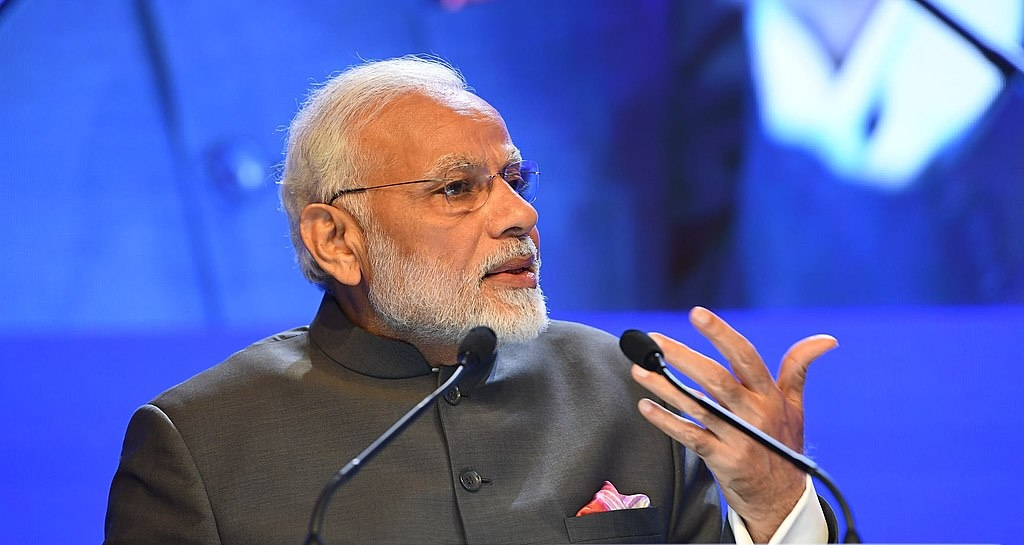Narendra Modi was sworn in for the third consecutive time as India’s Prime Minister on Sunday. While he declared victory on June 4, after a six-week election process, his ruling party lost its majority for the first time in a decade, while the opposition coalition outperformed expectations and gained enough seats to avoid a ruling supermajority.
The Results
Modi was backed by the National Democratic Alliance (NDA), a coalition of parties that secured a simple majority in the 543-member parliament, the Lok Sabha.
The NDA’s flagship party, the Modi-led Bharatiya Janata Party (BJP), fell considerably short of expectations, gaining only 240 seats, 32 short of having enough deputies to independently form a majority government. Modi and his BJP will now need the support of other NDA parties to rule.
In the 2019 election, the NDA managed to secure 353 seats, with 303 of those being the BJP alone, making the 2024 polling a disappointment for the ruling coalition.
The opposition INDIA alliance gained 232 seats, with its primary party, Indian National Congress winning 99 seats, a sharp increase from the 52 seats it obtained in 2019.
The results surprised analysts too. Exit polls had forecast that the BJP would win more than 300 seats and that the INDIA bloc would only gain a maximum of 140 seats.
INDIA coalition leader, Rahul Gandhi labeled the exit polls as “Modi-media polls,” accusing the incumbent Prime Minister of playing “mind games”.
Modi’s Political Vision
During his time in power, Modi has strengthened the party's nationalist ideology and its position against minorities.
In 2002, then-chief minister of the Gujarat state in western India, Modi was accused of facilitating a wave of anti-Muslim violence. India’s Supreme Court later found strong evidence that the Modi administration had instructed the police to “allow the Hindus to vent their anger” against Muslims.
After becoming Prime Minister in 2014, Modi revoked the Muslim-majority Kashmir’s semi-autonomous status in 2019 and enacted anti-conversion laws to Islam and Christianity in BJP-led states, particularly targeting interfaith marriages.
Modi’s rhetoric targets Indian Muslims, according to Sushant Singh, a research fellow at Yale, channeling the frustrations of poor and marginalized Hindu communities away from wealthy elites and privileged upper castes.
Besides alienating the Muslim community, Modi’s strong Hindu-first ideology has also failed to satisfy several Hindu communities.
What’s Next for India?
The BJP's inability to secure a parliamentary majority in the 2024 elections signals the notable downfall of the “Modi brand,” according to political analyst Rasheed Kidwai, quoted in Al Jazeera.
Modi could now face criticism not just from a resurgent opposition coalition but also from factions within his own coalition.
This is the moment when “coalition politics will come into real play,” said Sandeep Shastri at the Centre for the Study of Developing Societies.
Поддержите журналистику, которой доверяют.








